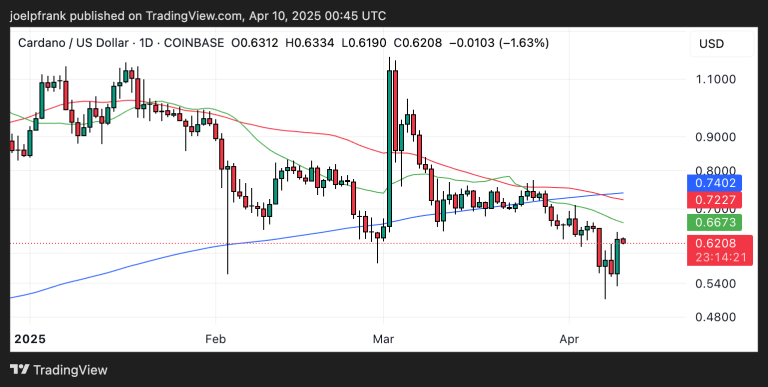Last updated:
 Why Trust Cryptonews
Why Trust Cryptonews
Ad Disclosure
We believe in full transparency with our readers. Some of our content includes affiliate links, and we may earn a commission through these partnerships.

Rep. French Hill, a pro-crypto candidate, was elected as the new chairman of the House Financial Services Committee on December 13, giving him considerable influence over banking and financial regulations in the United States.
In a recent interview with CNBC, Rep. Hill highlighted his top three priorities as he assumes the role.
Hill outlined three main goals: reforming the financial landscape, fostering innovation, and addressing challenges in the banking and digital asset sectors.
From Banks to Blockchain: Rep. French Hill’s Pro-Crypto Agenda
He emphasized the need to reduce regulatory burdens that make it difficult for banks to achieve profitability and attract capital.
Hill noted that overregulation has stifled smaller banks and driven consolidation in the industry, favoring larger financial institutions.
He advocated for tailored regulatory approaches to serve banks of all sizes better and ensure they remain profitable, safe, and capable of meeting customer needs.
Secondly, Hill addressed the challenges facing capital formation in public markets.
He highlighted the shrinking number of publicly traded companies in the U.S., attributing this trend to the high costs and complexities of going public.
Hill expressed concerns that the current environment discourages small entrepreneurs and limits investment opportunities for families, pension plans, and 401(k)s.
He called for reforms to make it easier and more affordable for companies to go public and remain publicly traded.
Hill’s third focus is establishing a clear digital asset regulatory framework.
He criticized the current “regulation by enforcement” approach under SEC Chair Gary Gensler, arguing that it hinders innovation in blockchain technology and Web3 applications.
Hill also emphasized the importance of creating rules that foster technological advancement and ensure the U.S. remains competitive in digital assets.
He expressed support for legislation establishing a dollar-backed stablecoin under U.S. law, a priority for the Republican majority in the House.
What Hill’s Leadership Means for Crypto Regulation and Stablecoins in 2025
Hill is known for supporting digital assets. He previously chaired the committee’s digital assets subcommittee and succeeded Patrick McHenry, a long-time crypto advocate who retired in 2023.
Hill’s leadership signals the start of a truly pro-crypto shift under President-elect Donald Trump’s administration.
Trump has nominated key crypto proponents, including Paul Atkins, to oversee the SEC and David Sacks as the White House’s “crypto czar.”
Hill expressed optimism about advancing crypto regulation and stablecoin bills in Congress, with efforts likely to ramp up in 2025.
Hill has also emphasized fintech’s role in enhancing small banks’ competitiveness through AI tools for customer service and compliance.
He advocates a balanced regulatory approach that fosters collaboration between fintech and traditional banks, ensuring financial system safety.
Additionally, Hill dismissed concerns about the U.S. having too many banks and viewed it as improving banking access in underserved rural areas.





